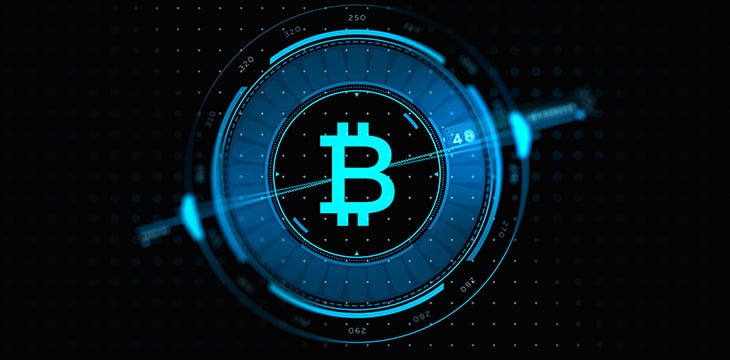|
Getting your Trinity Audio player ready...
|
Is Bitcoin a public service? According to Dr. Craig S. Wright, BSV is not the free public service that many people think of it as.
“Some people think that storing data on Bitcoin is analogous to a public service. There is an error with this line of thinking. A better analogy would be to think of storage in Bitcoin as one in a public library,” Dr. Wright wrote in his latest blog post, “The Library Analogy.”
“We can imagine access to files in Bitcoin as access to a physical book in the library. The existence of a library does nothing to stop people buying the book themselves. In fact, the inclusion of people with the ability to buy the book improves everybody’s access.”
You might stop and ask yourself, what could Dr. Wright possibly be talking about and what is this information in reference to? But Dr. Wright goes on to talk about Bitcoin-as-a-Service (BaaS) and there are many parts of “The Library Analogy” that apply to the 0-sat fee debate that has been taking place over the past several weeks.
For those who are unaware, there has been conversation around whether transactions on the BSV enterprise blockchain can and should have 0 satoshis attached to them as a transaction fee or if a 0-sat fee model creates economic turmoil. Dr. Wright has already addressed this debate, but his latest blog post also speaks to the issue.
“Individuals seeking to access information are analogous to individuals going to the library. If they want to gain access without paying for the service, they will have to queue in the same way that individuals queue for the book at the library,” said Dr. Wright.
“A company that wants fast access will pay each node, and potentially replicate services, to allow its clients to gain ready access to stored files.”
At the end of the day, digital currency mining and transaction processing is a commercial activity. Miners mine because they have an economic incentive to create blocks, when there is no economic incentive to create blocks, there is less motivation to mine. Dr. Wright goes on to explain how nodes that support a network may play different roles but regardless, if an individual is waiting to receive something for “free” they are likely to receive slow service and a wait time, very similar to individuals that want to borrow a book from the library when the library has a very limited supply that is already occupied.
“The inclusion of information on the Bitcoin blockchain is not part of a public service, but a commercial activity. Some nodes will always provide archive services. Thus, information that has been placed on the blockchain will always be available. The distinction is again linked to queueing theory,” says Dr. Wright.
“Yet, access to files that are not widely replicated will become slower, as the bandwidth required to serve such files to a large number of customers will be limited. If you require that people can access a particular file or piece of information without cost, the process of caching it will not occur, and archives will be slow to respond.”
Digital currency mining is a for-profit activity—if there is not a profit attached to the data being stored on the blockchain, a transaction processor will most likely be slow to provide service—especially as the block reward diminishes over the years. Dr. Wright says that you can expect,
“[T]he growth of the Bitcoin blockchain will mirror other commercial services. Individuals who form corporations and want their data to be readily available will find more copies and access to be more straightforward.”
Using BaaS comes with benefits when you are paying for the service you are looking for node operators to provide you with. If you do not pay, you could still receive service, but node operators will not be eager to provide that service.
To learn more about BaaS, why bitcoin is not exactly a free public service, and how using Bitcoin as a service is similar to using a public library with a limited supply of books, you are going to want to read Dr. Craig S. Wright’s latest blog post, “The Library Analogy” on CraigWright.net.

 02-14-2026
02-14-2026 




